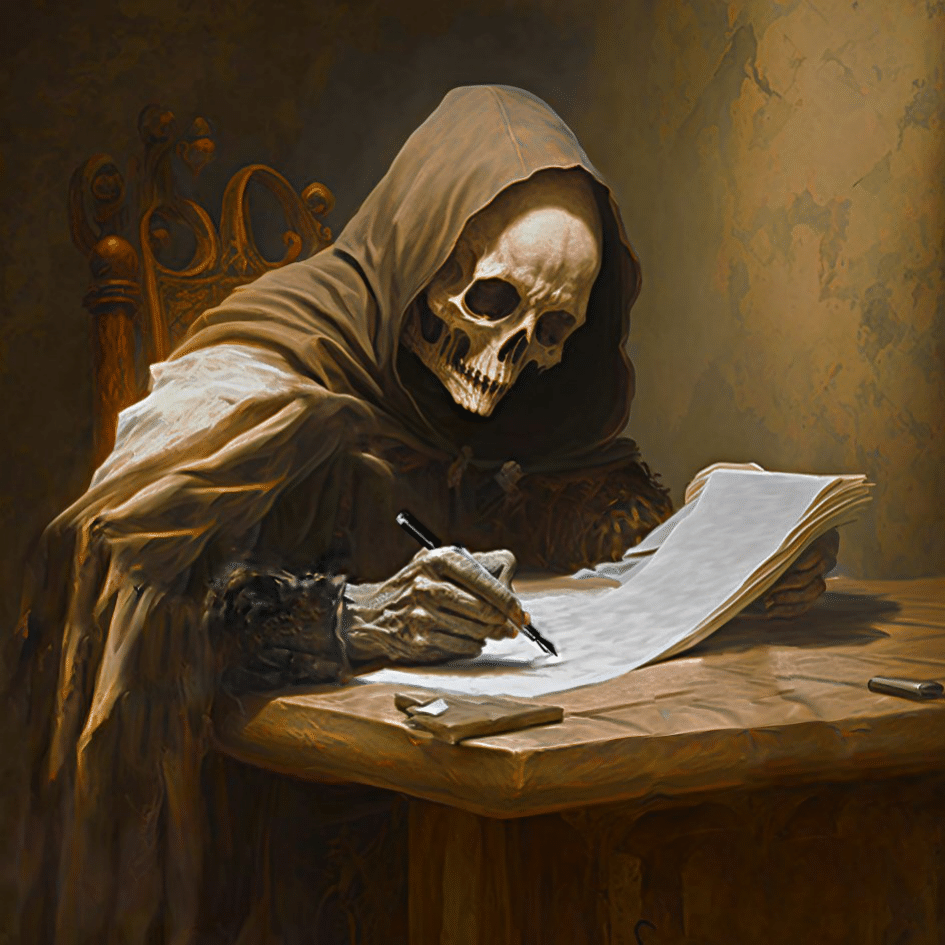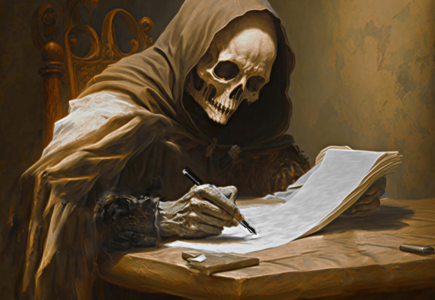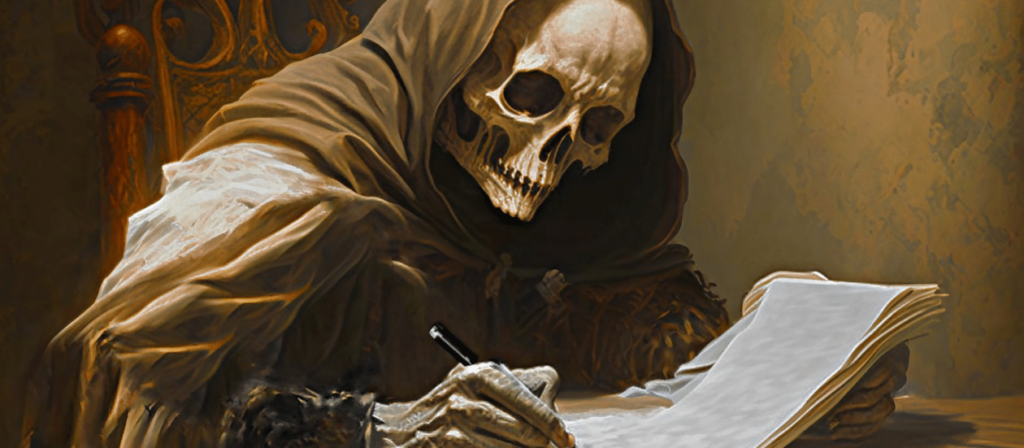
18-03-23 | Who would have ever thought that Dungeons & Dragons would turn mainstream? During the covid-pandemic a whole new generation discovered the fantasy role-playing-game online, either watching livestreams or becoming active participants. And earlier this week Dungeon & Dragons: Honor Among Thieves hit movie screens all over the globe. Starring Star Trek’s Chris Pine no less!
Dungeons & Dragons has come a long way. Since it’s release in 1974 it has been plagued by controversies and conservative opposition, branding the role playing game as satanic whenever the opportunity presented itself. Many consider James Dallas Egbert’s tragic death in 1980 to be the source of D&D’s misrepresentation.
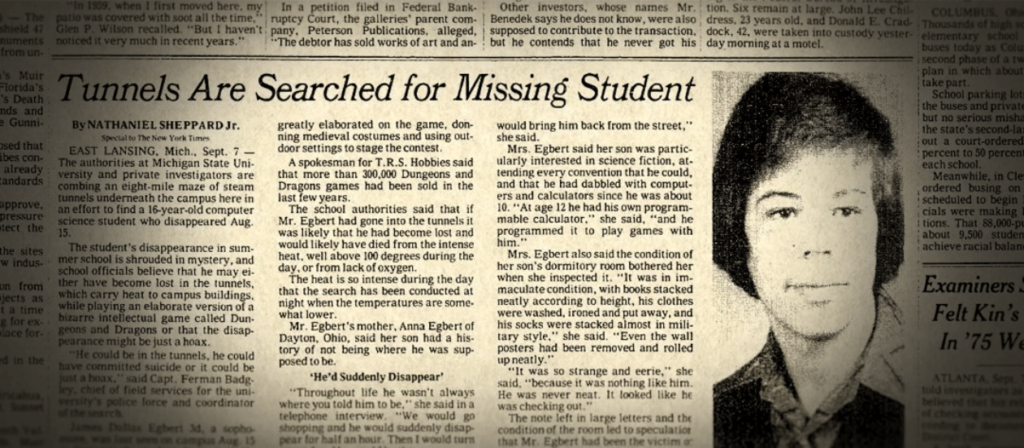
THE DISAPPEARANCE OF JAMES DALLAS EGBERT
In the autumn of 1979 private investigator William Dear was engaged to seek out Egbert, after he had attempted to commit suicide. A brilliant yet secluded young man, James Dallas Egbert had entered Michigan State University at a young age and struggled with drug addiction and depression throughout his tenure. It was at MSU that William Dear first heard of Dallas’ association with the game Dungeons & Dragons.
The appeal of role-playing games like Dungeons & Dragons is the ability to fully inhabit a fictional character. Role-playing games do not, generally, follow a fixed path the way board and card games do. Instead, a game master plans out a series of potential scenarios for the players to get involved with. Dungeons & Dragons, in a sense, is an interactive storybook in which the players decide how the tale is to progress.
This can be done on paper, using miniature figurines and even as live events. Apparently students at Michigan State University indulged in such real-life sessions, using the steam tunnels underneath the campus as an arena for their mythical adventures. Dear entertained the possibility that Egbert might have gotten lost within the steam tunnels, either playing the game or revisiting the location. An innocent comment about his theory to local press was spun into a highly exaggerated national story.
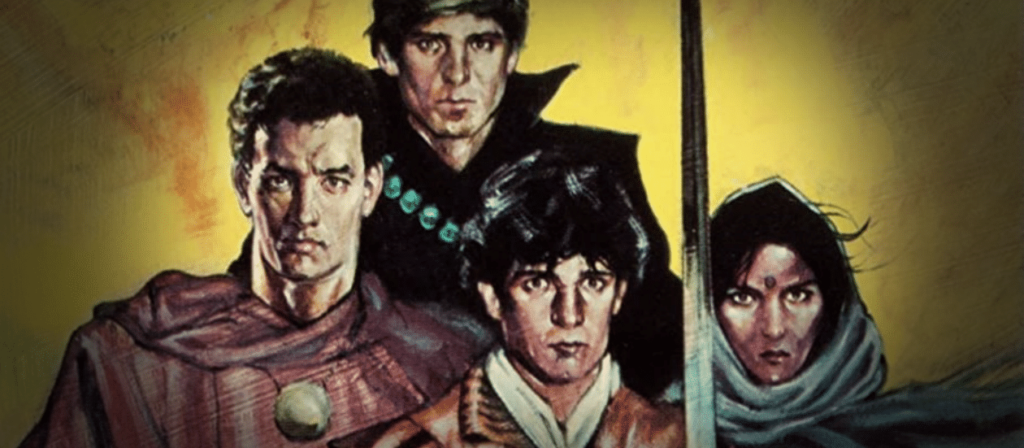
MAZES AND MONSTERS
A young man, headlines insisted, had been corrupted by Dungeons & Dragons to a point where he was unable to distinguish fact from fiction. The impact of these reports were so great that the public perception of the game would take decades to recover. It did not, however, negatively impact sales of Dungeons & Dragons itself. Quite the opposite in fact: perversely, sales of the basic set rose dramatically following it’s newfound media exposure.
While the press was focussing on steam tunnels in Michigan, William Dear had caught up with Egbert in New Orleans. The boy, recovering from another failed suicide attempt, was reunited with his family. A year later, however, tragedy struck again. On the 16th of august James Dallas Egbert fatally shot himself, cutting short his promising life.
Dungeons & Dragons was now not only considered a cause of madness, it was able to drive young men and woman into committing suicide. Egbert’s tragical tale was loosely adapted by Rona Jaffe in her 1981 novel Mazes and Monsters. Critics of role-playing games embraced the novel, citing it as a perfect illustration of the corrupting force D&D possessed. Today Mazes & Monster is best remembered as an early starring role for Tom Hanks, who appeared in the TV movie of the same name.
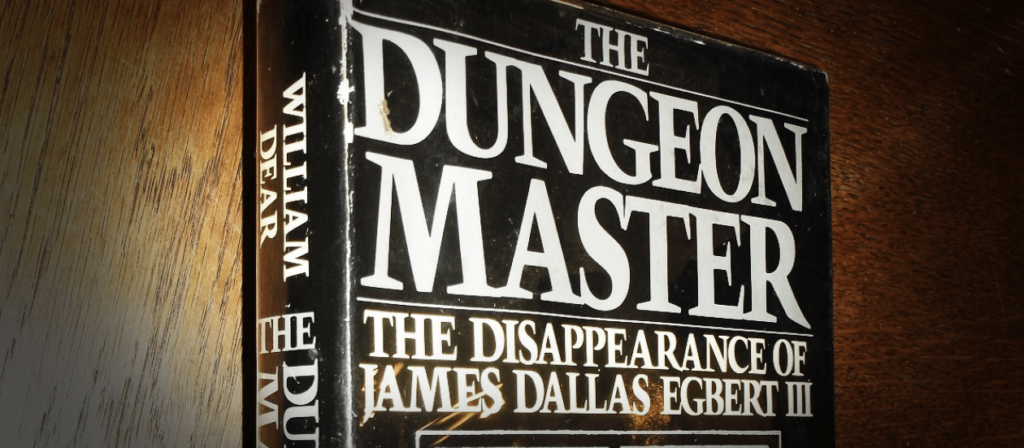
THE DUNGEON MASTER
In 1984 William Dear struck back. He took it upon himself to write the true story of James Dallas Egbert, dubbing it The Dungeon Master: the Disappearance of James Dallas Egbert III. In the bestselling book Dear revealed Dallas’ had been struggling with his homosexuality and crippling depression. If anything, Dungeons & Dragons probably eased his pain, as it allowed him to interact with other people with similar interests. Ironically, his tragic link with Dungeons & Dragons means that James Dallas Egbert III will never be forgotten. And hopefully the book will inspire those in need to seek out the help that they deserve.
Egbert’s suicide unjustly condemned Dungeons & Dragons into being a prime target for conservative hysteria for decades to come. In the early 1980s Patricia Pulling insisted the game inspired her son Irving to kill himself. Chris Pritchard was sentenced to death in 1990, later commuted to life imprisonment, after masterminding the death of a fellow student. They too were considered to be under D&D’s supposed satanic influence.
Wasted energy, if you ask players of D&D. The true power that Dungeons & Dragons possesses is not satanic in nature. Rather, it’s the power to bring people together. D&D has always and will continue to spawn friendships that last a lifetime. What started as a scrappy little role-playing game is now a major Hollywood movie, produced by Paramount Pictures no less! Dungeons & Dragons is a force for good, and we wouldn’t have it any other way.

